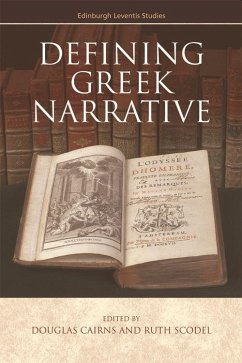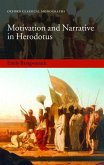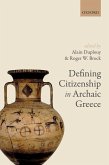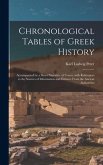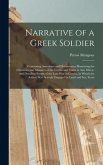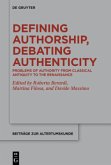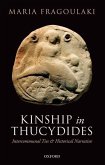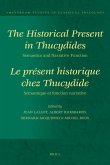'The more Greek literature is viewed against the background of the great West Asian literary traditions, the stranger it looks. This audacious volume, a landmark work in the emerging fields of historical narratology and comparative literary history, probes the roots of that strangeness, and how distinctively Greek ways of telling stories came about.' Nick Lowe, Royal Holloway, University of London An examination of what is distinct, what is shared and what is universal in the narrative traditions of a wide range of ancient Greek literary genres The 'Classic' narratology that has been widely applied to classical texts is aimed at a universal taxonomy for describing narratives. More recently, 'new narratologies' have begun to link the formal characteristics of narrative to their historical and ideological contexts. This volume seeks such a rethinking for Greek literature. It has two closely related objectives: to define what is characteristically Greek in Greek narratives of different periods and genres, and to see how narrative techniques and concerns develop over time. The 15 distinguished contributors explore questions such as: how is Homeric epic like and unlike Gilgamesh and the Hebrew Bible? What do Greek historians consistently fail to tell us, having learned from the tradition what to ignore? How does lyric modify narrative techniques from other genres? This book will appeal to students and scholars of Classics as well Comparative Literature and Literary Theory. Douglas Cairns is Professor of Classics at the University of Edinburgh. Ruth Scodel is D. R. Shackleton Bailey Collegiate Professor of Greek and Latin at the University of Michigan. Cover image: Courtesy of the Edinburgh University Library Centre for Research Collections. Cover design: [EUP logo] www.euppublishing.com

